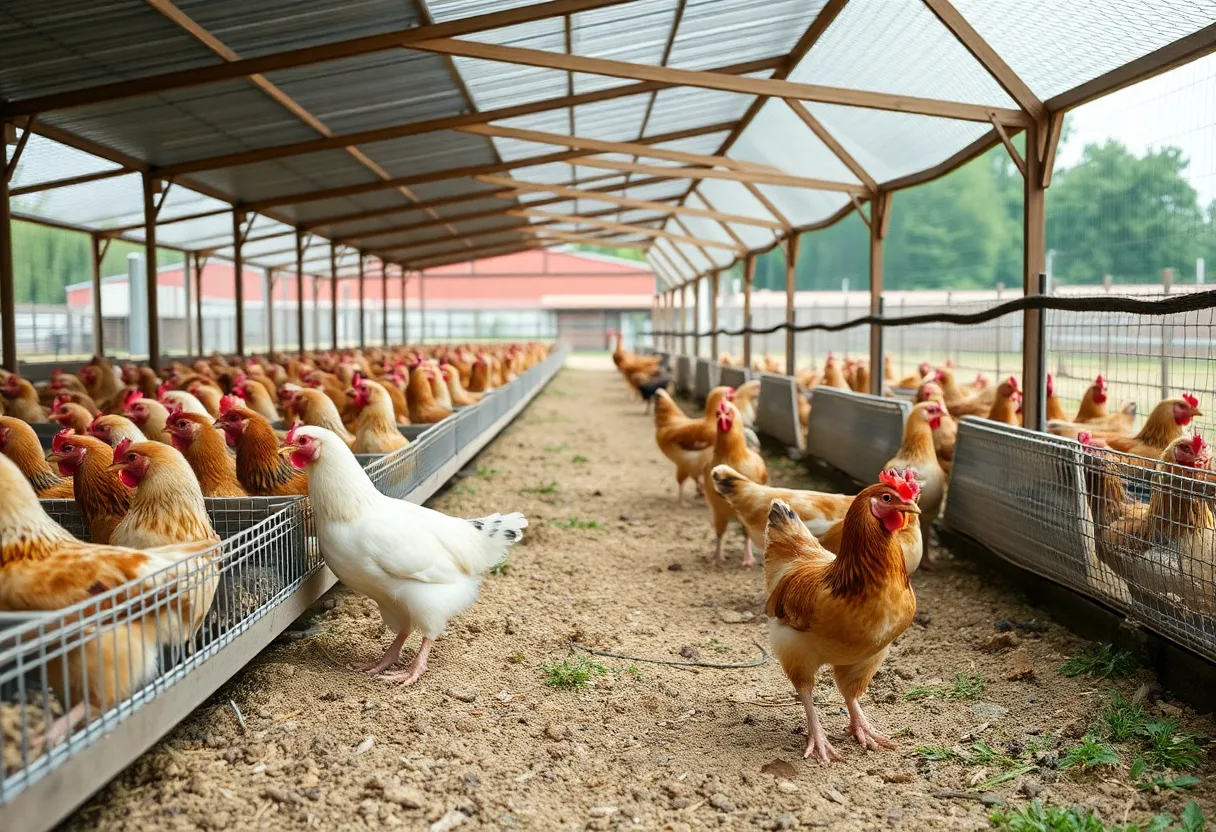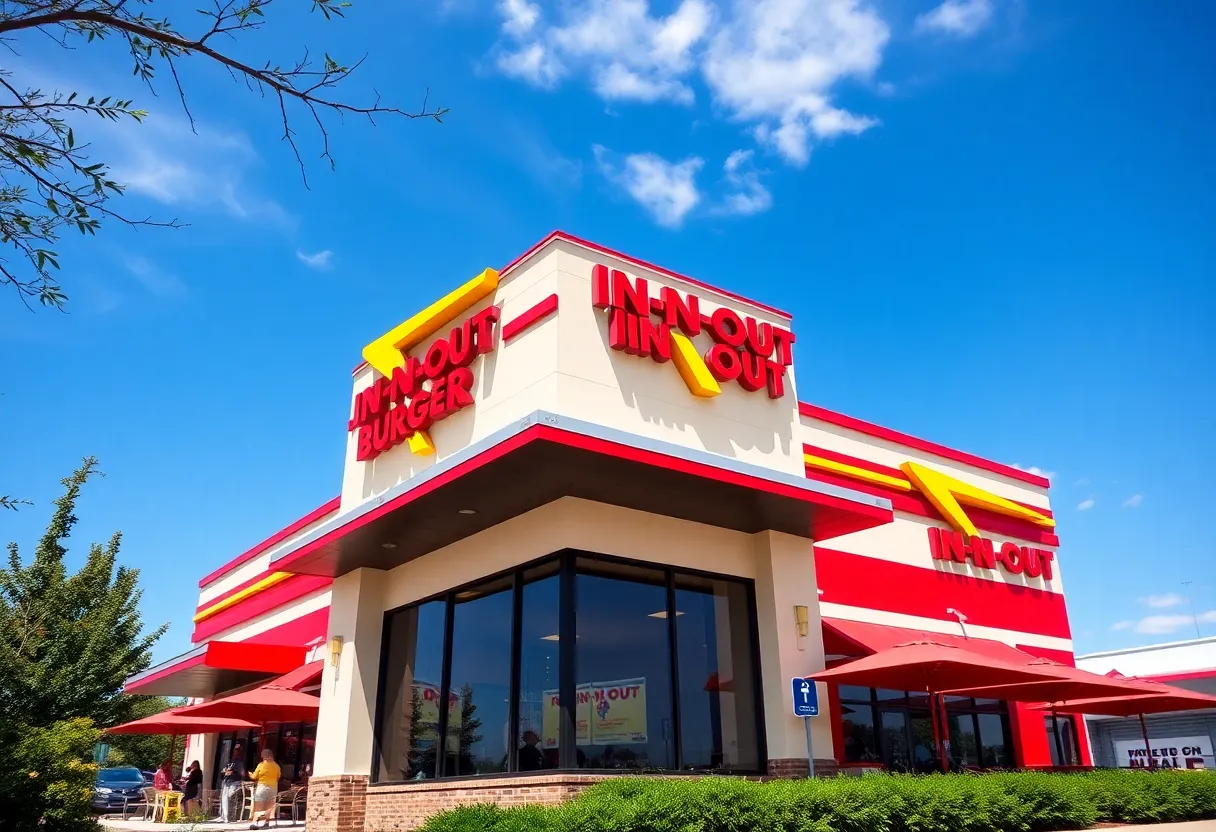News Summary
The Trump administration has initiated a lawsuit against California’s Proposition 12, which mandates specific animal welfare standards for hens, pigs, and calves. This law, enacted in 2018, is contested by the administration on the grounds that it conflicts with federal regulations and is partially responsible for rising egg prices in California. Economic analysts attribute the price surge more to bird flu outbreaks than state regulations. The lawsuit raises concerns about the future of animal welfare standards and the impact on local egg producers recovering from recent challenges.
California – The Trump administration has launched a lawsuit against California’s animal welfare legislation, known as Proposition 12. This law, enacted by voters in 2018, mandates that hens, pigs, and calves sold within the state be provided with a minimum amount of space in their living environments. The administration claims that California’s egg production standards conflict with federal regulations, particularly the Egg Products Inspection Act, and argues that they are contributing to increased egg prices in the state.
The Department of Justice, representing the administration, asserts that California’s regulations do not benefit consumers and impose unnecessary burdens on egg production. As egg prices have surged, with recent rates in California hitting $9.32 per dozen—some of the highest in the nation—the lawsuit claims that the state’s strict law is partially to blame for this inflation.
Previous legal scrutiny found California’s Proposition 12 to be constitutionally sound when it was upheld by the U.S. Supreme Court in 2023. The law is regarded as the most stringent animal welfare measure in the country, highlighting a broader trend towards improved conditions for farmed animals. However, the lawsuit may be viewed as a political strategy to weaken California’s regulatory standards, especially concerning environmental and animal welfare policies.
While the lawsuit suggests that Proposition 12 has led to higher egg prices, agricultural economists indicate that the dramatic rise in prices is primarily due to bird flu outbreaks which resulted in the culling of more than 100 million hens, significantly reducing the supply of eggs. The impact of these outbreaks has overshadowed the consequences of state regulations and has been a central factor in the ongoing crisis affecting the egg supply chain.
For California’s egg producers, many of whom have already invested heavily in compliance with Proposition 12, the prospect of overturning the law presents considerable economic challenges. Producers who have upgraded their facilities to meet the new standards may face financial setbacks if those regulations are repealed, particularly as they work to stabilize production following the bird flu disruptions.
Concerns also loom over the potential influx of egg producers from other states or countries with lower animal welfare standards if California’s Proposition 12 were to be repealed. Such a scenario could jeopardize the market for local egg producers who adhere to enhanced welfare guidelines.
Furthermore, the ramifications of the lawsuit could extend beyond the immediate economic factors, threatening California’s vulnerable egg supply chain, which is still recovering from preceding health crises. The legal contention is compounded by the introduction of a bill known as the Food Security and Farm Protection Act, which seeks to invalidate Proposition 12 along with similar state animal welfare laws.
The National Pork Producers Council has consistently challenged Proposition 12 in various legal contexts, mirroring the broader conflict between animal welfare advocates and agricultural stakeholders. While larger producers may see benefits in altering or repealing the law, smaller and mid-sized farmers have expressed their disapproval. Many of them align with the principles of animal welfare and are wary of dismantling the current cage-free regulations in place.
Overall, the Trump administration’s lawsuit against California’s Proposition 12 reflects a complex intersection of agricultural economics, animal welfare, and state versus federal authority, with potential implications for consumers, farmers, and the overall landscape of animal farming in the United States.
Deeper Dive: News & Info About This Topic
- Wall Street Journal: California’s Cage-Free Regulatory Scramble
- Vox: Proposition 12 California Eggs and Pork DOJ Lawsuit
- Civil Eats: Trump Administration Sues California Over Cage-Free Egg Laws
- Los Angeles Times: Trump Admin Sues California Over Animal Welfare Law
- Google Search: Proposition 12 California Egg Laws








